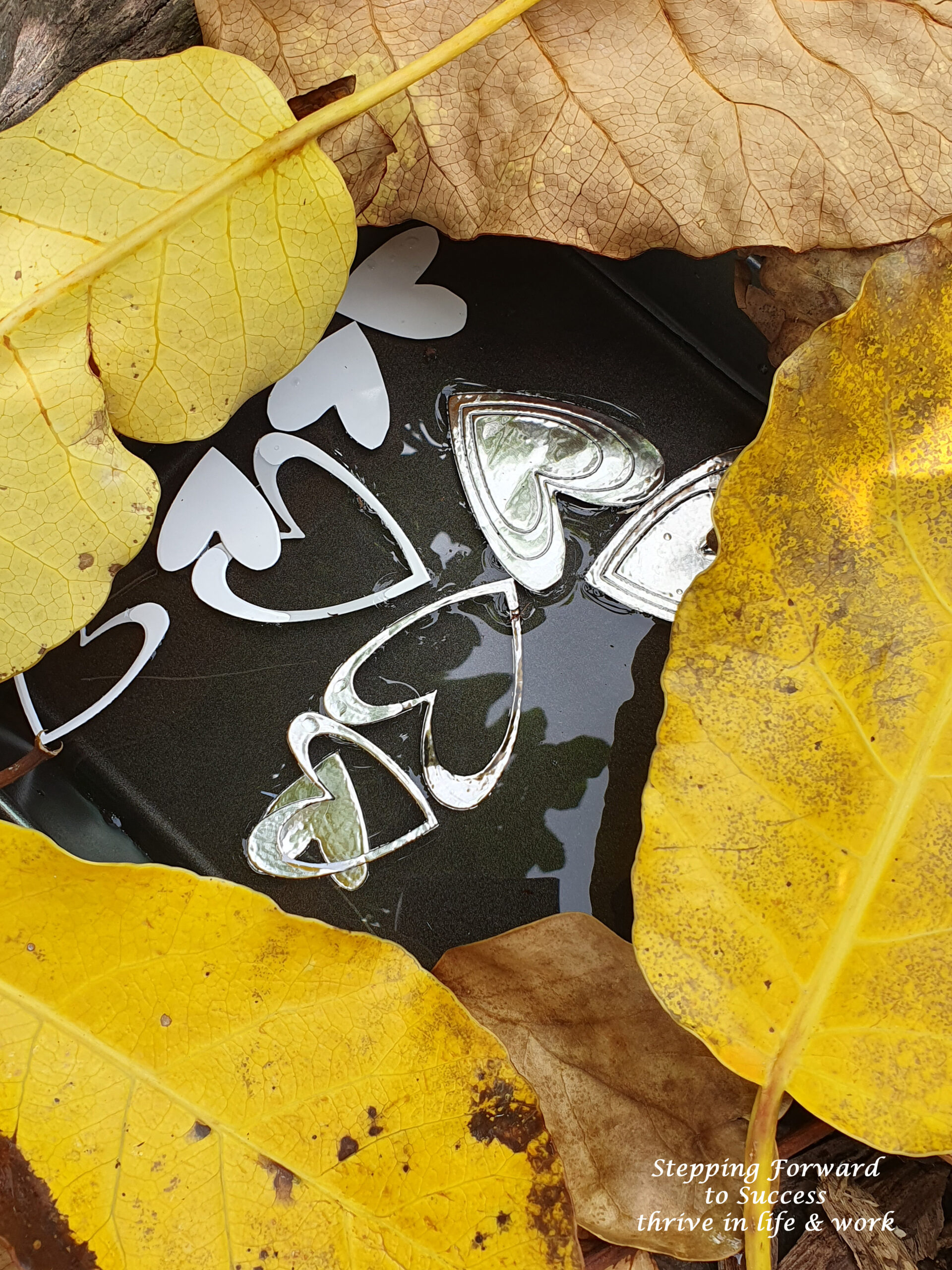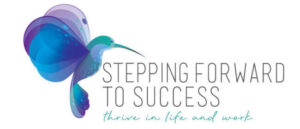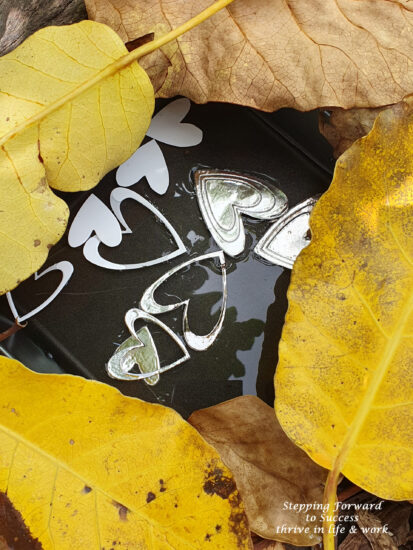Reflective practice is an important part of your teaching.
Why, you ask?
Well, looking back on how you handle situations can help you to evaluate your teaching practices and how you engage with the children, families and your colleagues.
So, how do you reflect effectively?
Keep reading to find out everything you need to know about using reflective practice as an ECE teacher.
Reflective Practice: Everything You Need To Know

What Is Reflective Practice?
Participating in reflective practice gives you the ability to reflect on your actions and experiences while teaching, examining yourself so that you can gain insight into how you do things. Consistently engaging in this practice supports the process of continual learning.
Reflective practice is all about exploring an experience you’ve had, identifying what took place and what your role was so that you can consider changes to your approach for the future if necessary. By consciously undertaking the process, it can lead to an improvement in your teaching practices.
It is not just about looking at your physical actions but exploring your behaviour and thinking in the situation also. Being conscious of your feelings and emotions in all situations not only helps you to develop your teaching, but it also contributes towards maintaining positive mental health, protecting your wellbeing and promoting a positive learning environment for the children.
What Does Reflective Practice Mean For Your Teaching?
During your provisional teaching period and throughout your teaching career, you will find it incredibly helpful to engage in reflective practice. This entails ongoing self-assessment, critical thinking, and evaluation of your teaching practices, values, and interactions with children.
It is part of a structured approach that encourages you as a teacher to reflect on your experiences, values and practices in order to enhance your teaching and create positive learning outcomes for the children at your centre.
These are some of the key aspects of reflective practice:
Self-Reflection
When you reflect back on your own actions, decisions, and behaviours and consider how they impact the development and learning experiences of the children at your centre, you can learn a lot. It can help you to establish positive ways to contribute in areas where you may feel you can modify your approach for better effect.
Observation and Documentation
Take the time to observe the behaviour, interactions and learning experiences that the children are having within your centre. Document them with photos, videos, or written notes. You can then use that documentation to reflect on your observations and identify key areas of interest for children, the strengths in centre practices, and areas that may need additional support.
Collaboration and Feedback
It can be really helpful to engage in collaborative and reflective discussions with your colleagues and mentor. Sharing insights, seeking feedback and discussing different perspectives can help you all develop a deeper understanding of your teaching practices and the impact they have.
Cultural Sensitivity & Inclusivity
With New Zealand’s diverse cultural makeup, it’s important to consider the various cultural backgrounds, values and languages that make up your centre. Reflecting on how these are embraced and respected on a daily basis, look at how your centre offers an inclusive and culturally responsive environment that celebrates diversity.
Continuous Improvement
Reflective practice is an ongoing process that supports continual awareness and improvement of your teaching practices. It involves setting goals, implementing changes based on what you learn during your reflection, and evaluating the effectiveness of those changes. It isn’t something you simply do once, it should feature regularly in your calendar so you are always seeking to be your best.
Educative Mentoring
Your mentor will play a crucial role in supporting your reflective practices. They can offer guidance, ask thought-provoking questions, encourage regular self-reflection and help you devise strategies to enhance your teaching practices. By engaging in this process together, you can also embrace educative mentoring. This is when your mentor has the opportunity to do their own reflective practice in conjunction with yours to create a truly enriched learning environment for the children.
Reflection Questions
The reflection process involves careful consideration of many different aspects. These are some of the questions you can ask yourself to create effective reflection:
- What is working well?
- How do you react in both positive and negative situations and how does that impact the children?
- Are you teaching in line with your personal values and those of your centre?
- Do you feel positive about your time with the children each day?
- How are your current teaching practices serving the children’s learning needs?
- Are there aspects of your teaching that you could enhance?
- Are there small ways you can make a difference in children’s learning?
- Is there anything you need to learn in order to be more effective?
- Do you require additional support and who might be able to provide it?
- Is there anything your mentor can contribute to your reflection?
- Could you work with a colleague on a certain area for a bigger impact?
This is by no means an exhaustive list of questions. Reflection is a very personal process and you will develop your own set of relevant questions to help you get the most out of the process.
Once you have compiled your answers to your reflection questions, it’s time to look at ways you can use the information to create positive change in your own practices and the practices of your Centre. Set small goals for how you can make that happen and don’t forget to evaluate your progress towards those goals.
External Support
Sometimes it can be really helpful to have an external perspective when you are undertaking reflective practice. If you feel that you would benefit from the input and feedback of an expert ECE Coach and Mentor, then book a time to chat with me now.
I have a couple of resources available to make the process of working through your inquiries smoother, “A Guide to Implementing Teaching Inquiry” and “The Roadmap”. Information is available here. For more about the inquiry cycle, and this provides questions to provoke reflective thinking: https://steppingforwardtosuccess.co.nz/everything-you-need-know-about-the-inquiry-cycle/
The Roadmap can also give you access to other teachers at the same stage as you via a private Facebook group to connect and ask questions. Find out more about the Roadmap here. Check it out here: https://steppingforwardtosuccess.co.nz/roadmap-navigating-ece-provisional-teaching/
Click here to read more about the Roadmap or click here to purchase the Roadmap to Certification e-book for Provisional Certified Teachers. Alternatively, if you are wanting to learn more about my packages, reach out today.
Useful links:
My Website

